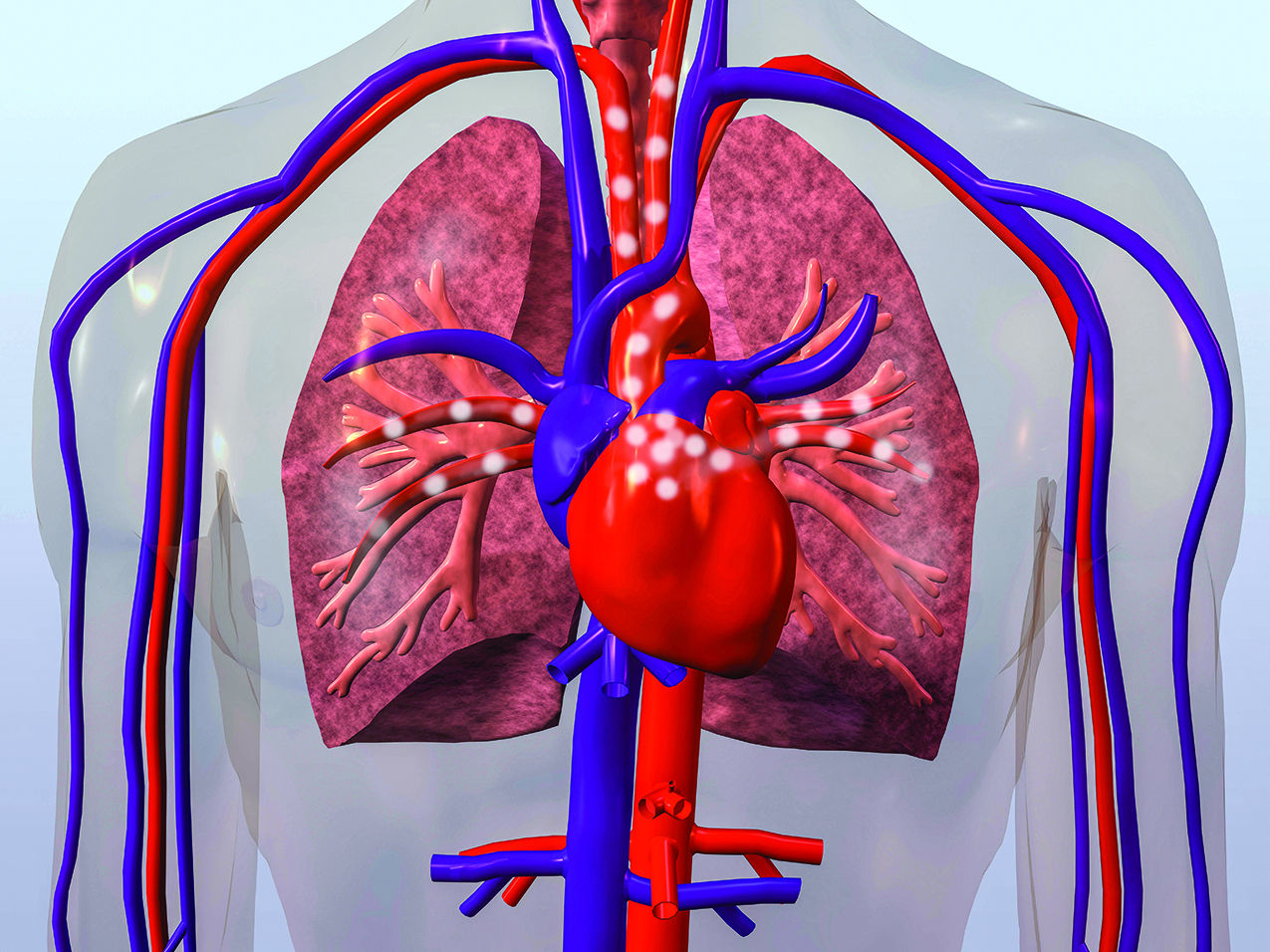With summer temperatures continuing to stay high, Safe Kids Pee Dee/Coastal, led by McLeod Health, reminds caregivers of the potential dangers of leaving a child alone in a car
So far this year at least 17 children have died from heatstroke while unattended in vehicles in states across the country, according to NoHeatStroke.org.
“We don’t want to see this happen to any family,” said Angie Dillon, Safe Kids Pee Dee/Coastal Coordinator. “That’s why we’re asking everyone to help protect kids from this preventable tragedy by never leaving your child alone in a car, not even for a minute.”
Many people are shocked to learn how hot the inside of a car can actually get. On an 80 degree day, the temperature inside of a car can rise 20 degrees in as little as 10 minutes and it keeps getting hotter with each passing minute. And cracking the window doesn’t help.
Heatstroke sets in when the body isn’t able to cool itself quickly enough. A child’s body heats up three to five times faster than an adult’s, making them more susceptible to heatstroke. When a child’s internal temperature reaches 104 degrees, major organs begin to shut down, and when that temperature reaches 107 degrees, the child can die.
Together, we can reduce the number of deaths and near misses by remembering to ACT.
A: Avoid heatstroke-related injury and death by never leaving your child alone in a car, not even for a minute. And make sure to keep your car locked when you’re not in it so kids don’t get in on their own.
C: Create reminders by putting something in the back of your car next to your child such as a briefcase, a purse or a cell phone that is needed at your final destination. This is especially important if you’re not following your normal routine.
T: Take action. If you see a child alone in a car, call 911. Emergency personnel want you to call. They are trained to respond to these situations. One call could save a life.
Caregivers Reminded Of Potential Danger of Vehicular Heat Stroke






